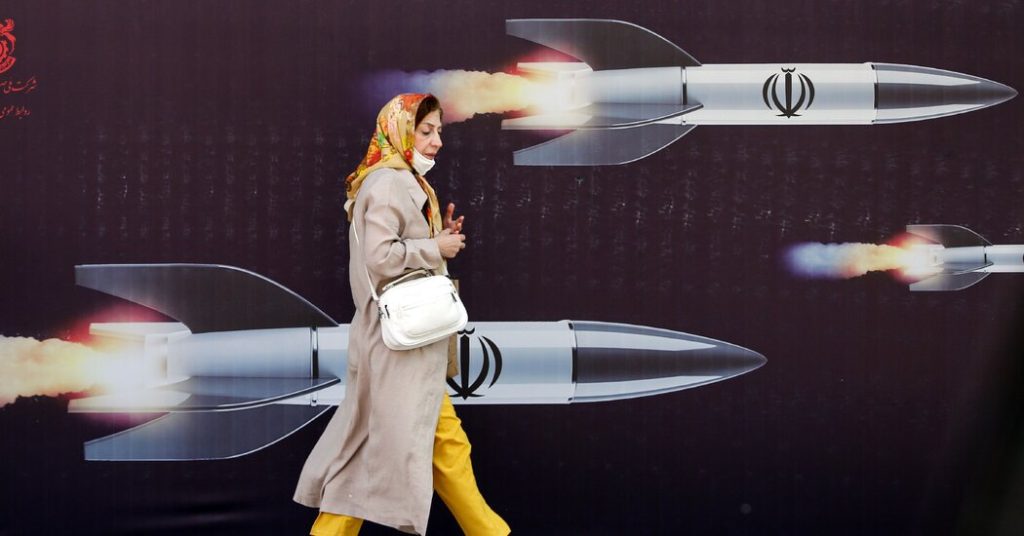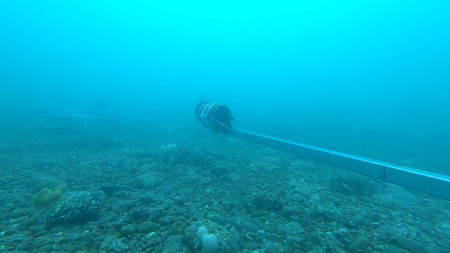For over ten years, Israel has been practicing attacks on Iran’s nuclear facilities around Isfahan and the Natanz nuclear enrichment complex. However, in a recent decision, Israel chose not to bomb these facilities in a predawn strike. The limited strike seemed to cause minimal damage in Iran, but Israel remained silent about the operation. The Iranian government downplayed the explosions in Isfahan, suggesting Israel may not have been responsible, in an effort to avoid further escalation. U.S. officials also remained quiet about the operation, hoping to ease tensions in the region, but acknowledged that the relationship between Israel and Iran had shifted.
Prime Minister Netanyahu faced pressure from President Biden to respond after an ineffective aerial barrage from Iran, as well as hard-liners urging a strong retaliation after the first direct attack on Israel from Iranian territory in 45 years. The White House and Pentagon suggested a “signal, not a strike,” to Netanyahu. While the operation had minimal casualties, the long-term effects on Iran’s nuclear program could be significant. It may lead to the acceleration of making facilities more inaccessible to inspectors, potentially escalating the confrontation over the nuclear program.
By targeting a conventional military target in Isfahan, Israel demonstrated its capability to penetrate Iran’s air defenses. The strike mainly focused on the Isfahan uranium conversion facility, which is crucial for Iran’s nuclear program. Israeli warplanes fired missiles during the attack, indicating the involvement of more advanced weaponry than initially reported. Reports suggest that the U.S. was notified by Israel shortly before the attack, and the operation was not unexpected given the warnings issued during the week.
The message behind the attack was clear: Iran’s attempts to escalate tensions in the region will not go unanswered. The strike emphasized the vulnerability of Iran’s air defenses and the inability to protect its military bases from external attacks. The limited damage caused by the attack may deter further escalation if Iranian leaders assess the risk of a more significant attack. However, the longer-term effects and Iran’s potential responses, such as seeking a nuclear deterrent, remain uncertain.
Iran has taken steps that raise concerns about its nuclear program, such as enriching uranium to 60% purity and restricting access to inspectors. The conflict with Israel has also prompted some Iranian commanders to discuss reconsidering the official position of not seeking a nuclear weapon. The situation remains fluid, and the potential for further escalation or changes in Iran’s nuclear stance add complexity to the already tense relationship between Israel and Iran. The aftermath of the recent strike could have far-reaching implications and shape future developments in the region.














